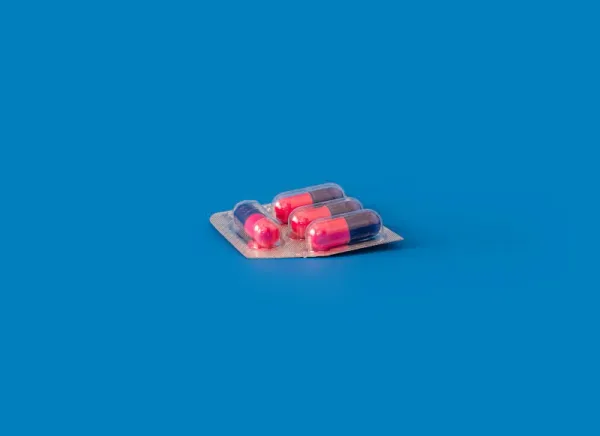FDA reconsidering Tirzepatide shortage list removal
After legal action by a group of compounders, the FDA is reviewing their removal of Tirzepatide (Mounjaro, Zepbound) from the shortage list.
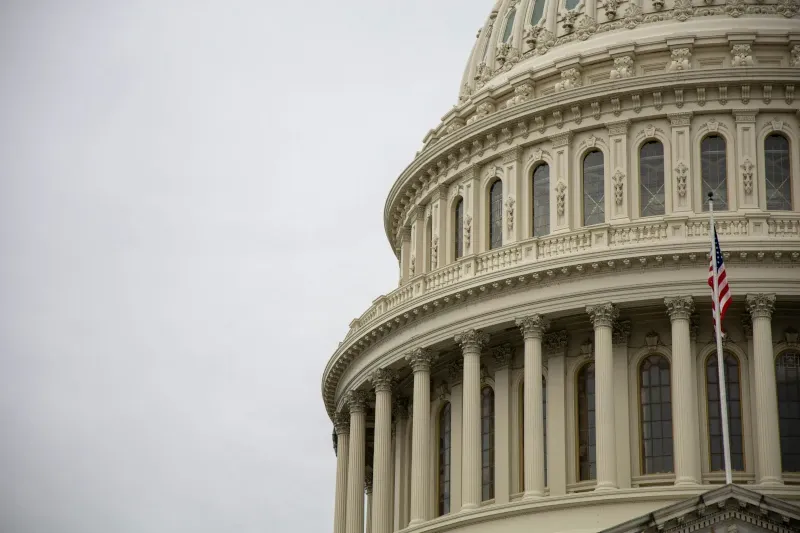
We recently reported on the removal of Tirzepatide from the FDA's drug shortage list and why that might not be a good thing:
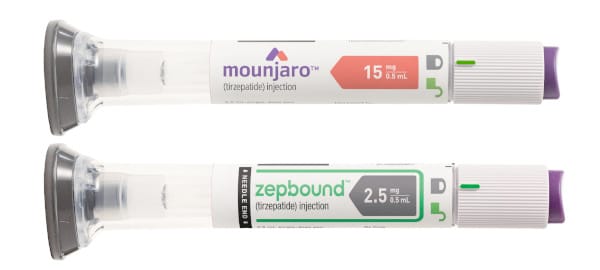
Compounding companies were fast to react (obviously, since their business is the most threatened/essentially stopped overnight for Tirzepatide), and a group of compounding companies moved to sue the federal agency over the classification change:

While the compounders are obviously greatly inconvenienced, it is yet to be seen that they have a solid or winnable case.
That said, the FDA has already reacted, noting in a court filing that they plan to "reconsider" the re-classification of Tirzepatide:
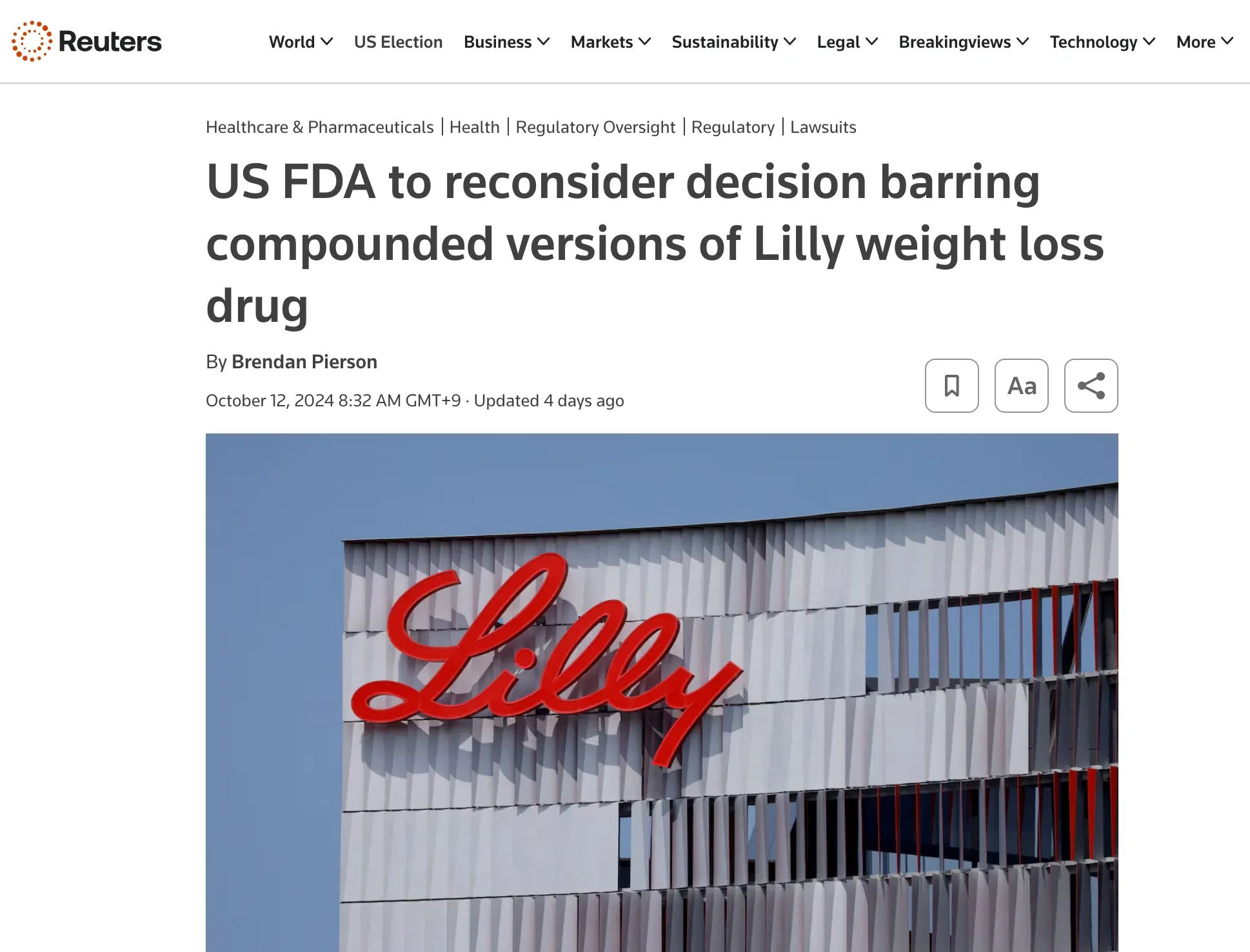
While this does not represent an actual official change in status (the decision has not been fully reversed), this could mean a world of change for companies and individuals trying to get access to GLP1 Receptor Agonists.
Check out our quick explainer
Does this mean compounding companies can produce Tirzepatide again?
Yes, it's now legally permissible for companies to produce Tirzepatide – due to the FDA's change in stance.
There's not much to add to NBC's coverage on the matter:
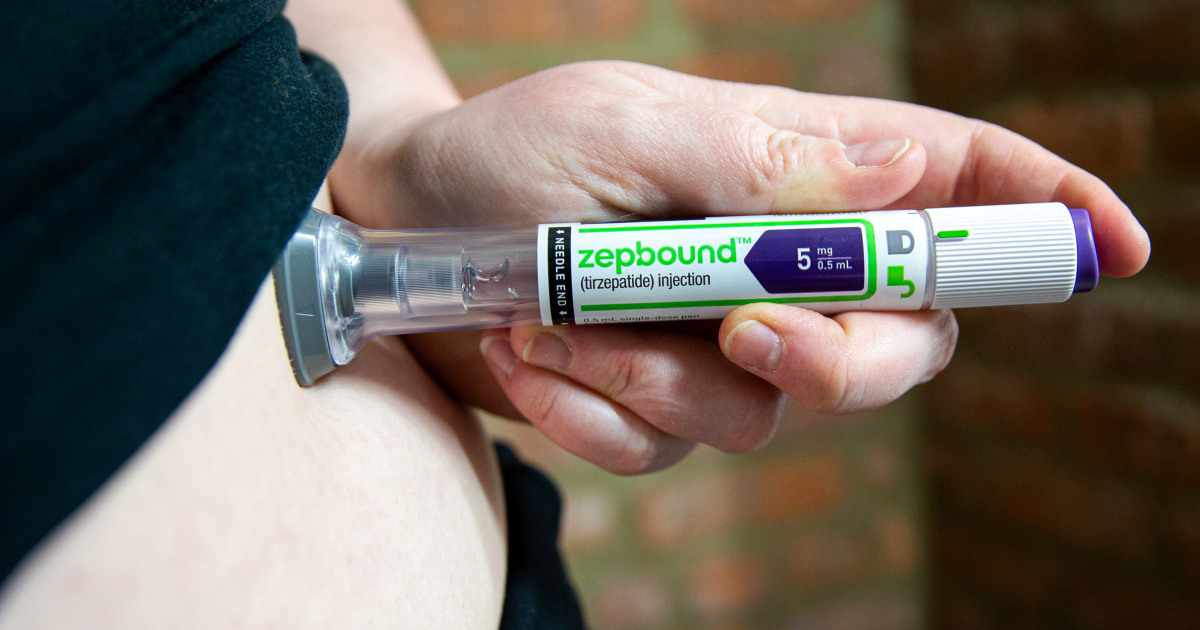
That said, business models for companies that have started selling or adding on compounded GLP1 to their product offerings are still in danger of running afoul of the law (which realistically means that they must at least temporarily shutter those parts of their businesses), if the FDA reverses course again, or Eli Lilly can prove that the drug is truly no longer in shortage.
This development seems to be evolving quickly and somewhat limited:
In the filing, the agency said that, for the time being, it wouldn’t “take action” against the plaintiffs and their members making compounded versions of the drugs as it re-evaluates its decision.
Remember: Tirzepatide isn't the most bought, but it's the fastest growing GLP1 Receptor Agonist
Based on recent company filings (Eli Lilly, Novo Nordisk) reported by Yahoo News we know something about how well the different formulations of GLP1 Receptor agonists have been selling in the marketplace:
Drug | FDA Approval | Most Recent Quarterly Sales | Growth Rate |
|---|---|---|---|
Ozempic (semaglutide) | December 2017 | $4.2 billion | 30% |
Mounjaro (tirzepatide) | May 2022 | $3.1 billion | 215% |
Wegovy (semaglutide) | June 2021 | $1.7 billion | 53% |
Zepbound (tirzepatide) | November 2023 | $1.2 billion | n/a |
While Mounjaro isn't the best selling, it's certainly the fastest growing GLP1 Receptor Agonist by sales alone, and is on trend to eclipse sales of Ozempic.
This is great news for Eli Lilly (and of course the removal from the shortage list meaning even higher profits), and with Zepbound numbers still murky there is even more growth to be had.




